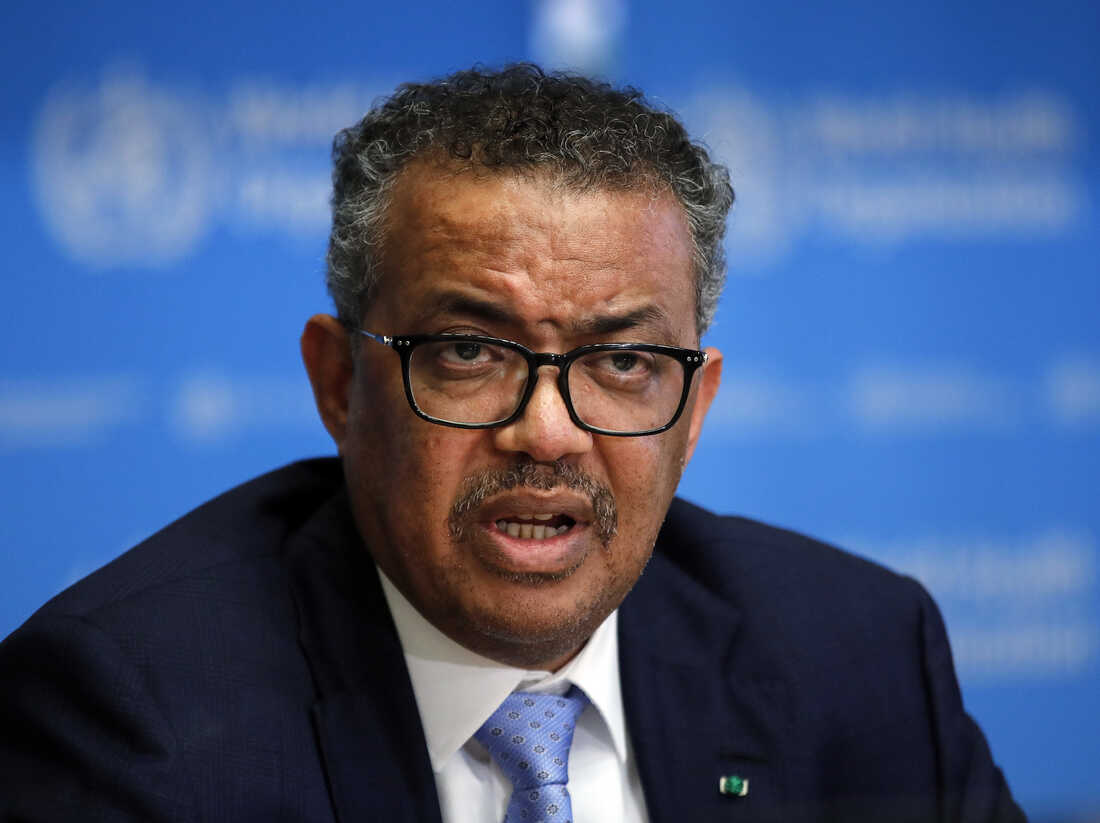Oct 11, 2021
:quality(70)/cloudfront-us-east-1.images.arcpublishing.com/mco/FKQ3BLEBDZBS3COXEQYEL3UI2Y.jpg)
After almost 20 years as a shadowy player in the War on Terror, the Air Force’s squadron of EC-130H electronic warfare planes is leaving its longtime home at Al Dhafra Air Base in the United Arab Emirates.
The 41st Expeditionary Electronic Combat Squadron formally shut down Sept. 28, marking another milestone in the U.S. military’s withdrawal from war against the Taliban and other insurgent forces in Afghanistan. The unit reverts back to the 41st Electronic Combat Squadron when not deployed.
The squadron and its specialized “Compass Call” planes headed to U.S. Central Command from Davis-Monthan Air Force Base, Arizona, in the aftermath of the 9/11 terror attacks. Since then, those EC-130H crews have flown about 14,750 sorties — more than 90,000 hours in the air.
:quality(70)/arc-anglerfish-arc2-prod-mco.s3.amazonaws.com/public/7WEWFP5NZFGGPK3RY2MI73JLRM.JPG)
'If you can't talk, you can't fight': Compass Call planes confuse ISIS
The Vietnam War-era airplane sitting on the flightline at the 386th Air Expeditionary Wing’s home base here may not look like much, but it is packed to the gills with electronics dedicated to sowing chaos in the ranks of the Islamic State terror group.
By Stephen Losey
Compass Call’s unique mission has made it one of the most in-demand airframes in CENTCOM over the past 20 years. It carries a slew of hardware and software that allow airmen to eavesdrop on nearby combatants, interfere with enemy transmissions across radios and combat vehicles alike, jam radars and, in recent years, send computer code to wireless devices — regardless of whether they are connected to the internet.
Those capabilities have come in handy from the start but continue to evolve as the globe grows increasingly dependent on assured connectivity and trustworthy information from those networks.
“At the onset of Operation Iraqi Freedom, dozens of Iraqi soldiers waited patiently near the al Faw Peninsula for instructions being transmitted from higher headquarters to blow up key oil fields there. The message never came. In its place … was static,” the Air Force said of EC-130H operations in 2004, about two years into Compass Call’s time there.
EC-130H crews include about a dozen airmen onboard: two pilots, a navigator, a flight engineer, a mission crew commander and supervisor, a maintenance technician, a signals analyst and multiple cryptologic language analysts.
RELATED
:quality(70)/cloudfront-us-east-1.images.arcpublishing.com/mco/7ETVBPQ2VJGPDBAHNVEJLPNVAE.jpg)
Some C-130H units to be replaced by cyber ops, helicopters
Congress needs to sign off on the Hercules retirements first.
By Rachel S. Cohen
Their tactics have changed alongside frequent upgrades from the secretive “Big Safari” program office. Compass Call has pivoted to jam the signals of booby-trapped enemy quadcopters that are used for surveillance and bombings, and cut off contact between members of groups like the Islamic State.
:quality(70)/cloudfront-us-east-1.images.arcpublishing.com/mco/UC4E6XRRS5HCFJ5LH3OH2RHYRA.jpeg)
An EC-130H Compass Call takes off from an airfield at an undisclosed location in Southwest Asia Jan. 18, 2017. The Compass Call was engaged in operations jamming Da’esh communications in order to confuse and disorient enemy fighters. (Capt. Casey Osborne/Air Force)
As the military scrambled to evacuate Afghan and American citizens, and to pull out its own troops from Afghanistan in August, EC-130Hs flew overhead to ensure U.S. troops had the open lines of communication they needed. While the 41st EECS will no longer maintain a permanent presence in the UAE, Compass Call can still deploy on hacking and jamming missions in CENTCOM as needed.
The Air Force is also bringing the 41st EECS home in the process of replacing the Compass Call fleet, which outfitted existing C-130 planes with electronic warfare equipment four decades ago.
Five of 14 EC-130Hs have retired so far, and only half the fleet will remain as of next fall. They’re making way for the EC-37B, a smaller, modern jet intended to be more cost-efficient, reliable and faster than the current platform.
L3Harris, in charge of integrating the new suite of EW systems onto the jet, and Gulfstream, whose G550 airframe will serve as the new Compass Call itself, plan to deliver the first planes to the Air Force in 2023.
RELATED
:quality(70)/arc-anglerfish-arc2-prod-mco.s3.amazonaws.com/public/XJAOJBTOBJBY5P7OJFUH37532U.jpg)
L3 gets Compass Call contract, names Gulfstream as airframe provider
Following an August decision by the Government Accountability Office to deny protests from Bombardier and Boeing, the Air Force awarded L3 Technologies the systems integrator contract for the program, which is now known as EC-X,
By Valerie Insinna
Looking ahead, squadron members are practicing for conflicts that will keep them on their toes. Instead of relying on the same brick-and-mortar installation as its home base overseas, as it has for decades, the 41st EECS recently tried its hand at a rapid evacuation and relocation drill for the first time.
It’s part of the Air Force’s push to make units more flexible in case their installation is targeted, or to quickly leapfrog through a region during back-to-back sorties.
Handling missions across multiple geographic regions requires a particularly close relationship between aircrews and maintainers on the ground to keep the aging planes aloft, the Air Force said.
“We tried to make it as realistic as possible while ensuring both the flight crews and maintenance crew members were briefed and ready,” C-130H pilot Capt. Brittany Monio said in a December 2020 release. “Planning flights in such a quick manner is a large deviation from normal, but our crews executed very safely and effectively.”
About Rachel S. Cohen
Rachel Cohen joined Air Force Times as senior reporter in March 2021. Her work has appeared in Air Force Magazine, Inside Defense, Inside Health Policy, the Frederick News-Post (Md.), the Washington Post, and others.
:quality(70)/cloudfront-us-east-1.images.arcpublishing.com/mco/E25H45N4IRANVHLA7D75VYRUBY.jpg)
:quality(70)/cloudfront-us-east-1.images.arcpublishing.com/mco/ENBQSPK42VEOJBQUUBP4CZ6TIM.jpg)
:quality(70)/cloudfront-us-east-1.images.arcpublishing.com/mco/EHLRFL7QDFDBNBYQ5EM2QYDTTI.jpg)












